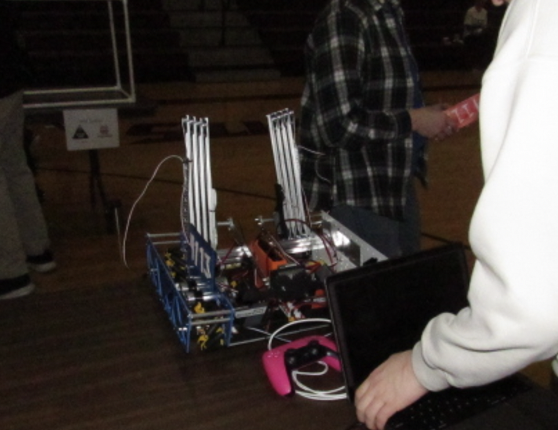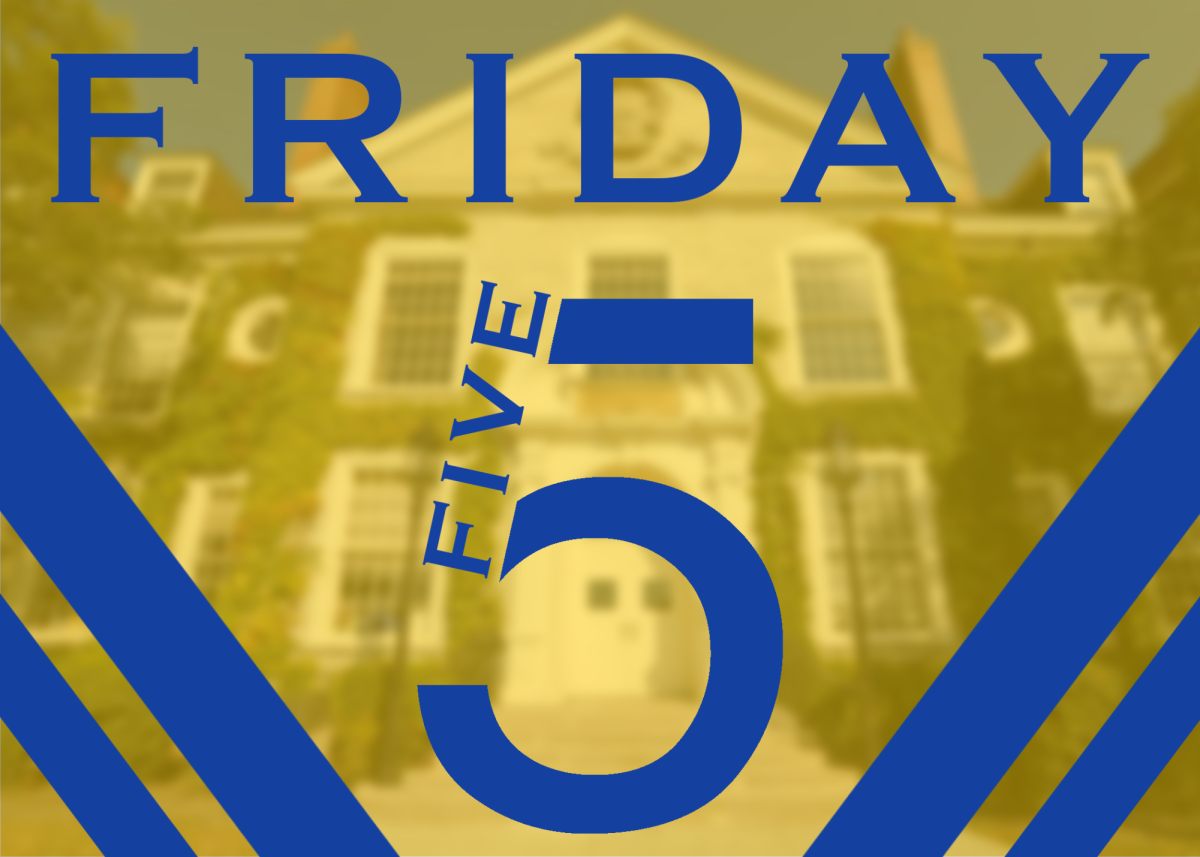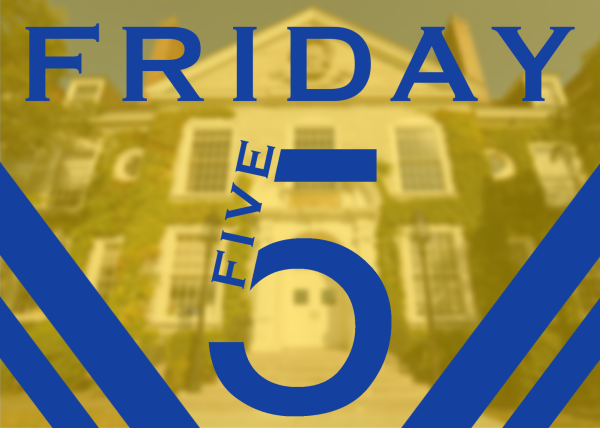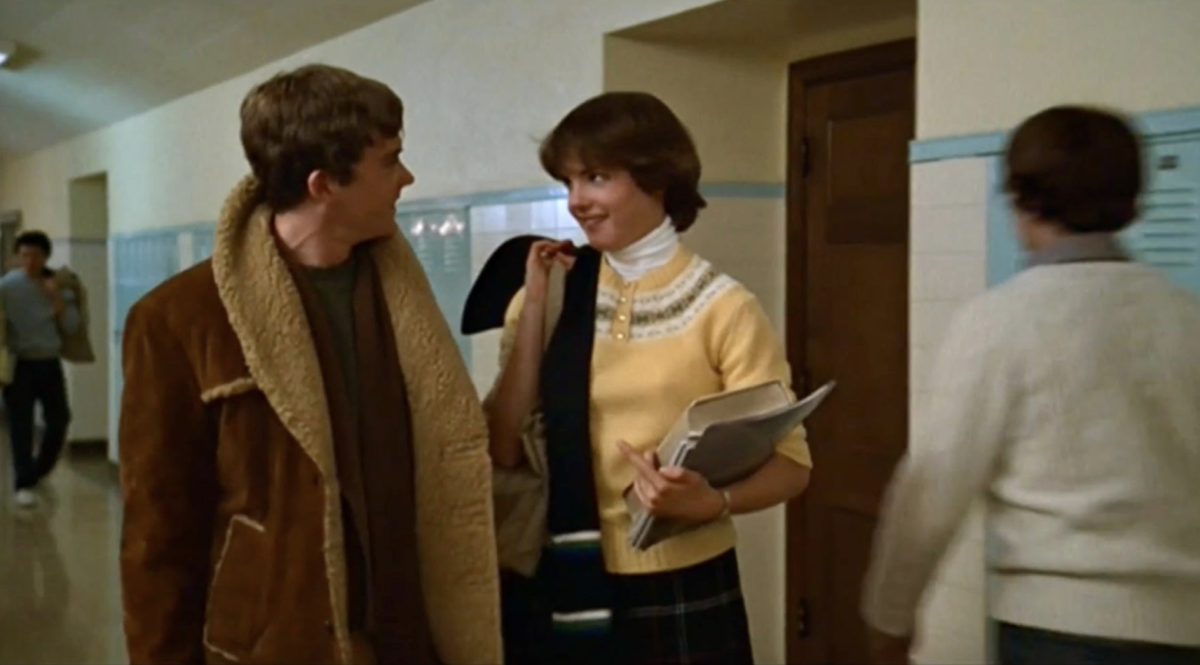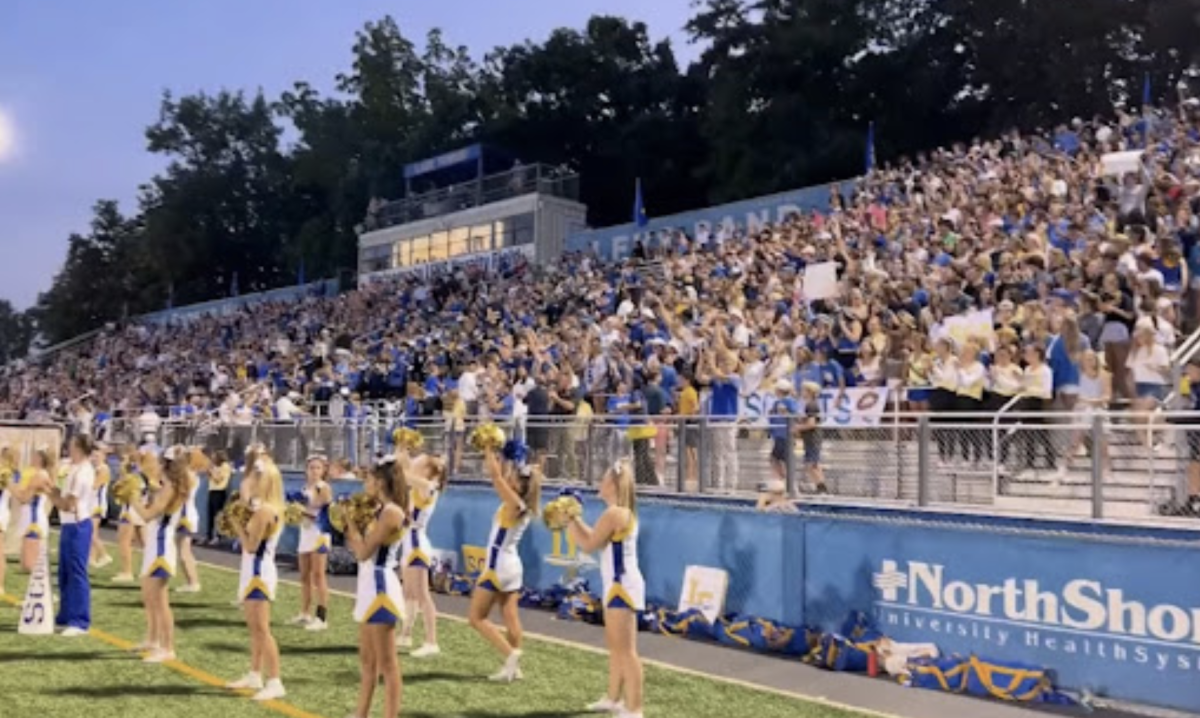Hoping to offset Lake Forest’s absence from the previous FIRST Tech Challenge qualification meet, Minimum Cache (LFHS’s team, 9113) went to Northridge Prep last Sunday to test their metal against competitors from across the North Suburban League. Although their robot didn’t perform as well as they hoped, the team remains proud of their accomplishments and hopeful for the future.
Captains Martin Suarez and Grace Rogers have directed the team’s designing, building, modification, and testing of Broski, the team’s robot.
“Often, we spend much more time conceptualizing and designing rather than building. The tasks our robot must complete aren’t simple at all, we can’t just go directly to building,” Grace Rogers said. “Often, our biggest struggle is finding the correct parts and adjusting the design when we don’t have something.”
Despite their efforts to keep the team productive, some mistakes led to there being little time for testing and practice before Sunday’s meet. However, when Martin brought a working machine to Northridge Prep, it seemed as if those mistakes were completely left in the past.
At first, everything worked. Nothing seemed out of the ordinary, and all functions of Broski worked fine during the first attempt at inspections. The only apparent issue was that the team number plates weren’t compliant with the new rules, but they combatted that issue by fixing the display of the number.
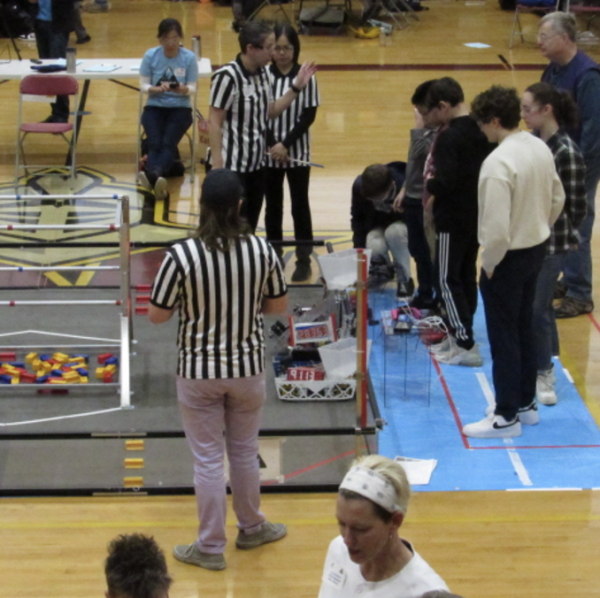
However, by the time that rules-compliant number plates were installed, it became clear that the linear slide – a drawer-like mechanism to vertically move the grabber arm – was broken. The motor and axle were removed, the cables and strings were managed, and another inspection was passed.
In an FTC game format, each round of competition involves two-team alliances scoring points to defeat another pair. Although Minimum Cache would depend on their assigned partners, there was still hope for winning.
Suarez attempted to modify the program so the sample-grabbing arm could function from a stuck pivot. However, there wasn’t sufficient time to write a workaround, so only the wheel motors were functional.
This season’s competition format, “Into the Deep,” focuses almost exclusively on manipulating scoring elements vertically to earn points. This task is especially difficult when broken mechanisms have reduced a machine to merely being a push-bot.
Underwater Robotics Co-Captain Victoria Garcia de Leaniz Hernandez said “We went, the robot broke, we lost.”
Although they earned points throughout the entirety of the competition, Lake Forest only won one of the five matches which they competed in on Sunday. That was alongside Newton Busters (10138) – a team which hasn’t lost a single match so far in the season.
Suarez ended Tuesday’s team meeting on an optimistic note.
“It’s really a big shame what happened to us with the robot kind of failing right before the competition, but I’m proud of all the hard work we put in thus far and I’m extremely optimistic that we will come back with an extremely impressive showing for the next competition.”
Rogers also weighed in on the loss, and her thoughts for the future of the team.
“Honestly, I’m frustrated. A significant amount of time has been invested into the creation of the robot, so it sucks to see us lose. I am hopeful. Our drive train works extremely well and, with some minor adjustments, the arm could be very efficient. With a bit more work, we could have a winning robot.”

